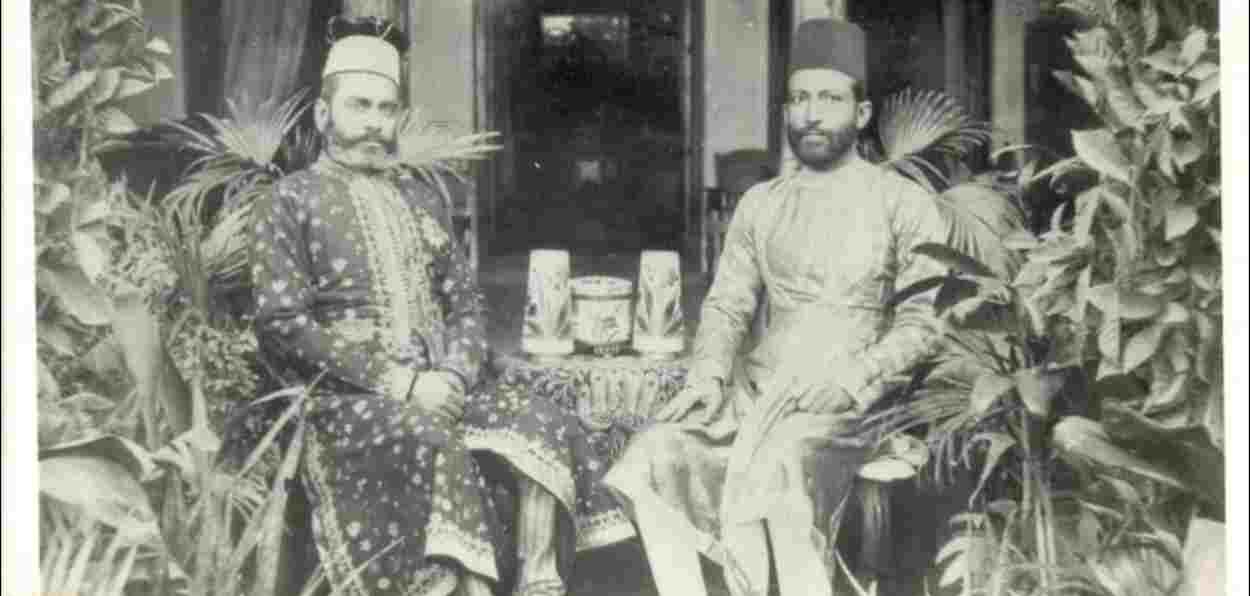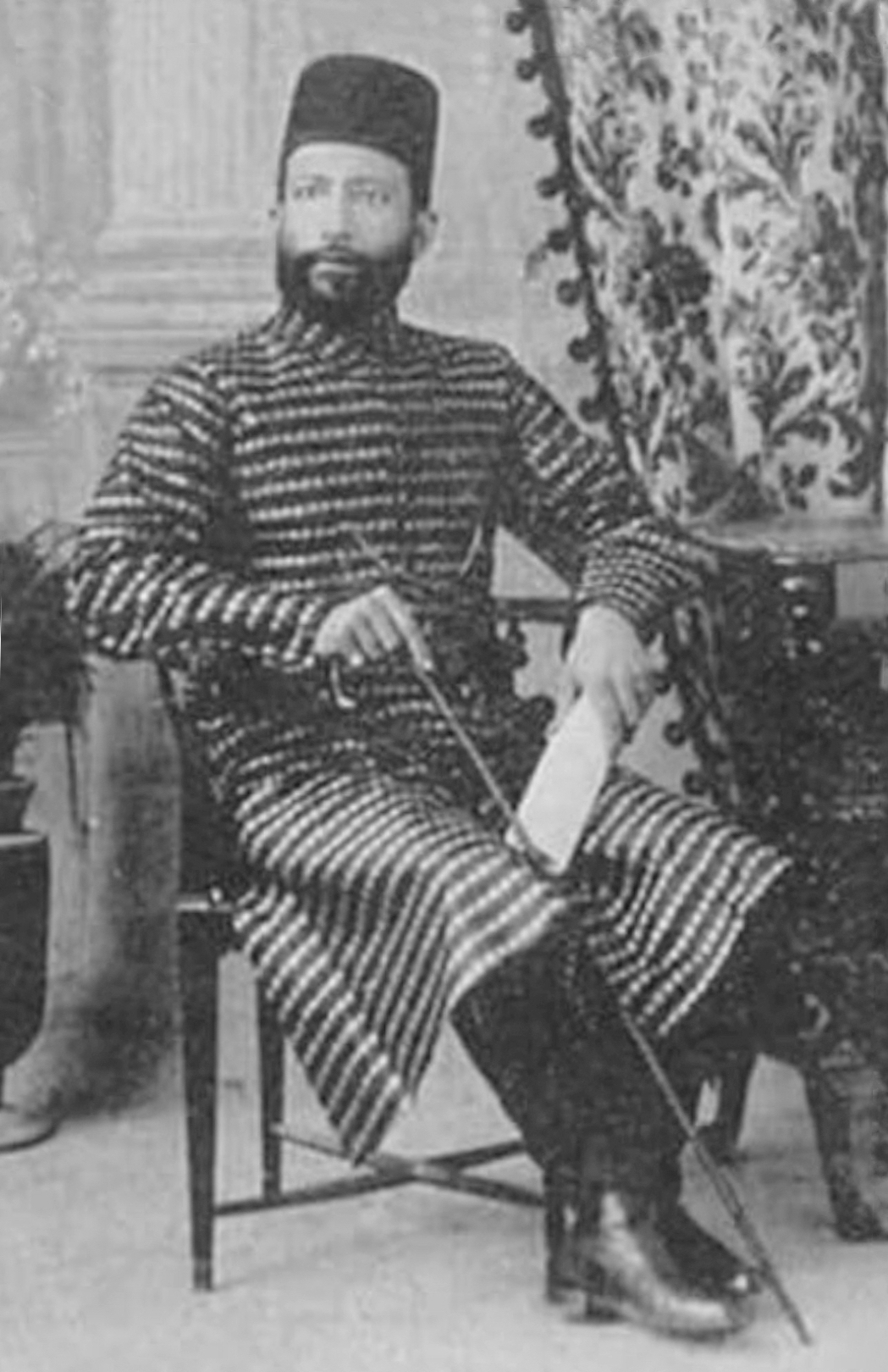
Saquib Salim
“A few Muslim leaders say that first they are Muslims and then only Indian. But, how is your being Muslim affected by the national independence and autonomies of the states?”
Hakim Ajmal Khan told this to a gathering of Muslim Leaders in 1920 in Delhi. One of the most well-known medical practitioners of the indigenous medicinal system during the early 20th century, Hakim dedicated his life to Hindu-Muslim unity.
Hakim believed, “Muslim leaders are blaming Hindus for the differences between Muslims and Hindus. Even if it is true, remaining aloof from any development is not a solution. If you behave like this, believe me, Indian Muslims will never be a part of any development. Of course, at times, there are a few Hindus who adopt a discriminatory attitude towards Muslims. You have every right to hate such bigoted Hindus. But, we cannot stall the development of our country because of these bigots.”
Hakim campaigned extensively for cow protection. In his view, Muslims should voluntarily stop slaughtering cows in respect of the Hindu sentiments.
In 1919, he told a large gathering of Muslims, “We are, and should be, fully cognisant of the fact that cow-killing seriously annoys our fellow-countrymen. But before holding out any assurance to them, we must first see in what light our religion views this question. We must also determine the extent to which- "Qurbani " is enjoined upon us irrespective, of course, of the slaughter of cows. According to Islam, Qurbani or sacrificial offering, is only a Sunnat-i-Muwakkidah (a practice observed by the Prophet and emphatically enjoined on his followers) which Mussalmans, as long as they can afford it, must observe. Now it is a matter of choice to fulfill this observance by sacrificing camels, sheep, goats, or cows, which simply means that any of these animals can be fit offerings.”
 Hakim Ajmal Khan
Hakim Ajmal Khan
At the same stage, Hakim shared several Hadith which emphasized upon the preference of goats, sheep, and other animals for sacrifice. The Hindus, in his opinion, were already trying to befriend Muslims and it was time for the Muslims to reciprocate.
Hakim was the first, and still the only, Muslim leader to have presided over a session of Hindu Mahasabha. His selfless devotion to the cause of unity was acknowledged by Hindu Mahasabha as well. Hakim was invited to speak at its session as a Chair in 1921.
Hakim stressed the need for Hindu-Muslim unity and stopping cow slaughter. He complained to the Mahasabha leadership that their cow protection movement targeted only Muslims while the colonial rulers were killing more cows for beef. He asked them to widen and strengthen the movement so that it could challenge British power as well.
ALSO READ: Syed Ashraf Kichhouchhwi and his AIUMB fight radicals who bring disrepute to Islam
Hakim wrote, “I have no doubt that the secret of the progress of our country lies in the unity of the Hindus, the Mussulmans, and other races of India. Such a unity should not be based on policy, for that in my opinion would be only a kind of armistice….. So highly do I prize this unity; that if the country gave up all other activities and achieved that alone, I would consider the Khilafat and Swaraj questions automatically solved to our satisfaction.”
